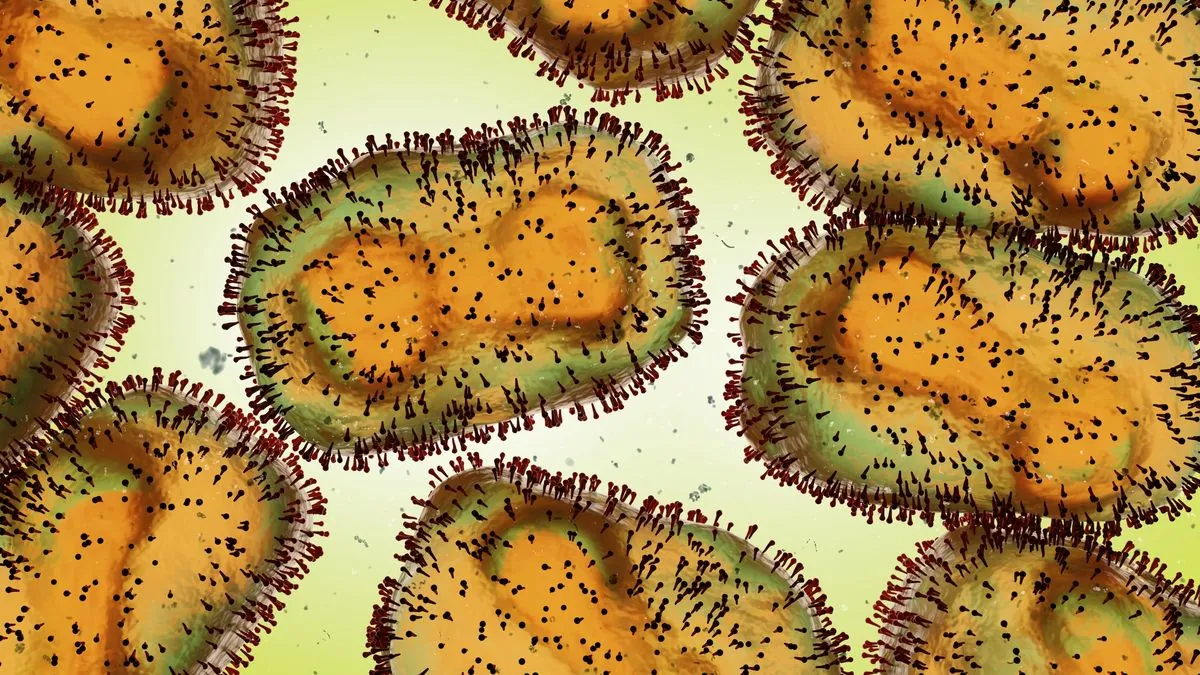The World Health Organization (WHO) has declared mpox a global public health emergency, highlighting the resurgence of this viral disease that has spread beyond its traditional confines in Central Africa. This declaration comes as the Democratic Republic of Congo reports 27,000 cases and over 1,100 deaths since January 2023, with a new strain recently identified in Sweden.
Paul Chaplin, CEO of Bavarian Nordic, a Danish biotechnology company valued at $3.2 billion, finds his firm at the center of market attention. The company's stock price has become a barometer for investor expectations regarding the outbreak's severity and potential vaccine demand.
Bavarian Nordic's market value has increased by approximately $1 billion in the past week, suggesting heightened anticipation for vaccine orders. Using current financial metrics, this boost translates to an estimated 5 million additional vaccine doses. While significant, this number pales in comparison to the global population of high-risk individuals, including children and those with compromised immune systems.
The company has stated its readiness to produce 10 million doses of its Jynneos vaccine by the end of 2025. This vaccine, first approved by the FDA for mpox prevention in 2019, has proven effective against the virus, which was initially identified in 1958 in laboratory monkeys.
Concerns are mounting about the virus's potential mutations and the impact of increased global travel. With travel spending expected to reach $8.6 trillion in 2024, returning to pre-pandemic levels, the risk of rapid disease spread has intensified. The recent detection of a new mpox strain in Sweden has further fueled these worries.
In response to the evolving situation, Bavarian Nordic is expanding its vaccine research. The company has submitted data to the European Union's drug regulator for approval to extend the Jynneos vaccine use to adolescents aged 12 to 17. Additionally, a clinical trial for children aged 2 to 12 is scheduled to commence later in 2024 in the Democratic Republic of Congo and Uganda.
"The global spread of mpox, with its potential for severe complications in vulnerable populations, necessitates a coordinated international response. We urge countries to enhance surveillance, contact tracing, and vaccination efforts to contain this outbreak."
It's crucial to note that mpox, while generally less severe than smallpox, can have a mortality rate between 1% and 10%, depending on the strain. The virus's ability to survive on surfaces for extended periods and its wide range of animal hosts, including rodents and primates, contribute to its persistence and spread.
As the situation unfolds, the global health community remains vigilant. The market's reaction, as reflected in Bavarian Nordic's stock performance, suggests a contained outbreak for now. However, the potential for a more severe scenario looms, underscoring the need for continued monitoring and preparedness in the face of this evolving public health challenge.
